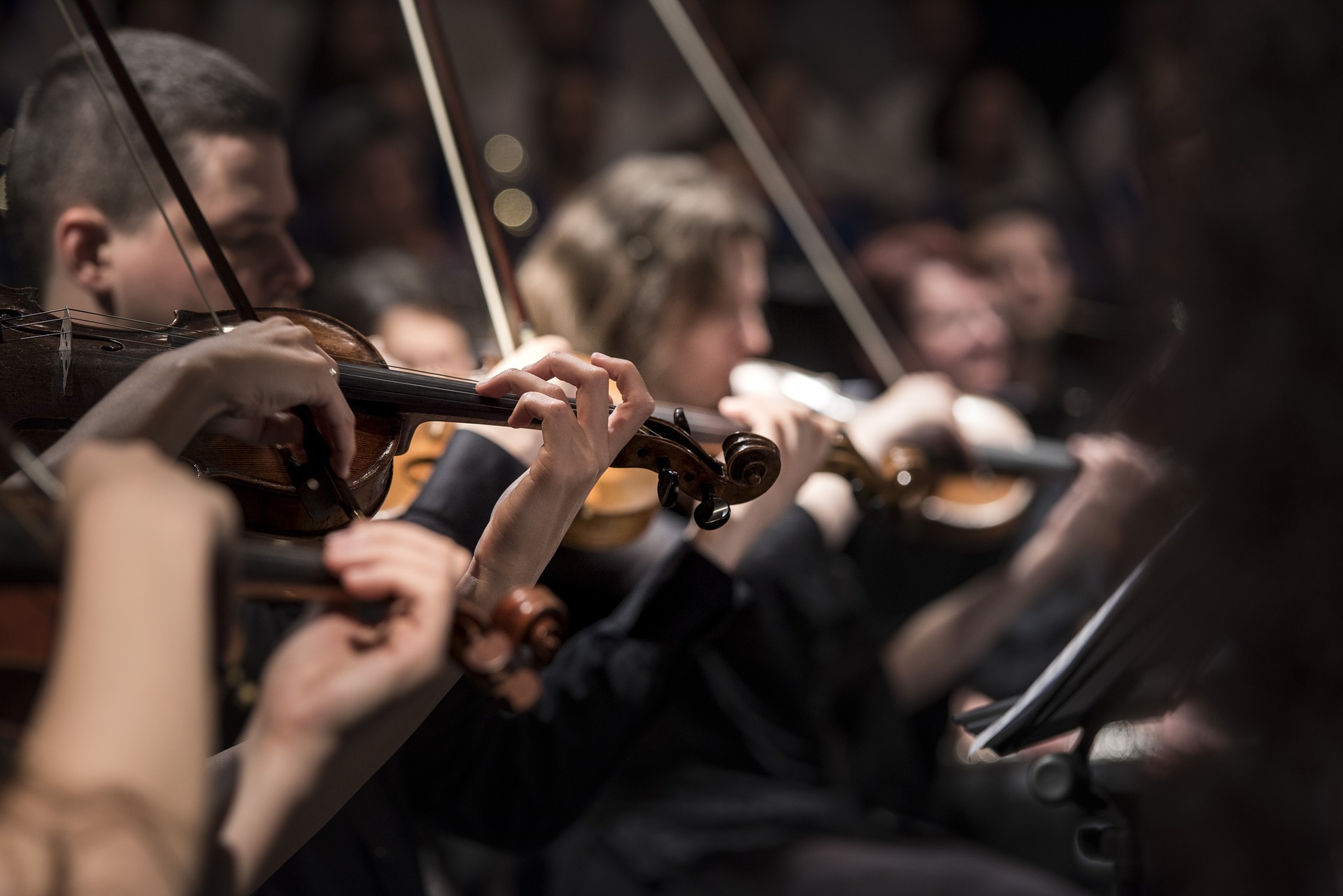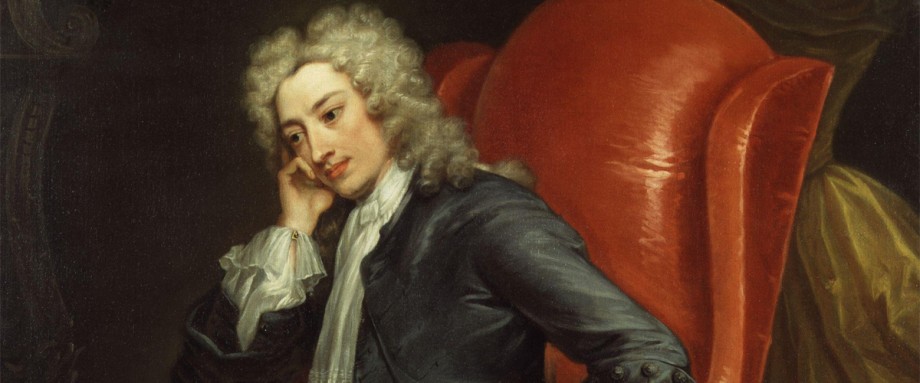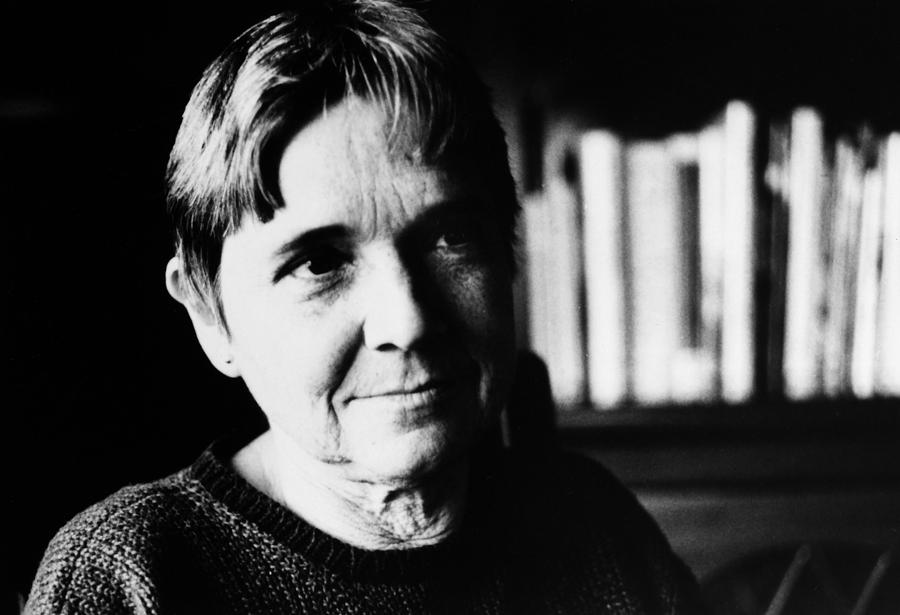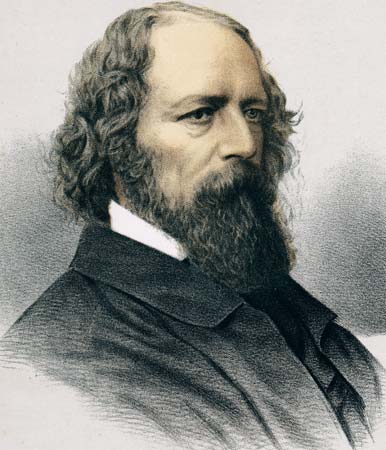“The Flesh And The Spirit” by Anne Bradstreet is a symbolic poem dealing with the human spirit and bodily desire. ‘The Flesh’ and ‘The Spirit’ are personified as they are said to be sisters, and the conversation between them brings forth the ideas of the features and what the body and the spirit are made up of.
The Flesh and The Spirit: About the Poet
Anne Bradstreet was born in 1612 in Northampton Shire, England. Anne, along with her husband and parents, emigrated to America with a Puritan group. They settled in Massachusetts. She became one of the first poets to write English verses in the American colonies. However, the idea of the women writer was not popular at this time. It was then quite rare and uncommon to find a woman writing poems or essays. She was also a daughter of a Puritan called Thomas Dudley.
She wrote many poems taken to England by her brother-in-law and published in 1650 without her knowledge under the title The Tenth Muse, Lately Sprung Up in America. Other poems were published in 1678 after her death.
The Flesh And The Spirit: Setting
The poem is set in an era where the Bibliographical and Puritan reference (Bradstreet’s father was a Puritan) of the bodily pleasure deceiving one of the soul’s higher pleasure is brought forward. The conflict between the two elements of human existence, ‘Flesh’ and ‘Spirit,’ is depicted in the poem. The poem glorifies the Spirit and subjugates the Flesh.
The Flesh And The Spirit: Poetic Devices
Symbolism:
“The Flesh” symbolizes bodily desire and lust, whereas “The Spirit” is symbolism associated with the soul. The flesh is this tangible entity, representing all tangible earthly items – such as “diamonds, pearls, and gold” (line 84). These are of price value, as opposed to the spirit – an intangible, insoluble, and perhaps unknown entity – which symbolizes “the hidden manna” that is priceless.
Imagery:
The whole of the poem is filled with imagery. The word “locum” means to tear and thus indicates the feeling of regret. This image sheds light on the persona’s inner struggles, torments her, and her sense of regret for her sins.
Metaphor:
There is a metaphor in the second line. The persona compares her crying to a flood that flows with the matter. Here, she makes her crying a real tangible and physical place where she stands.
Syntactic Parallelism:
The line “Things that are past and things to come” consists of two parallel parts. Man resides in the past and thinks of the future. The past is mentioned in the beginning because the poet intends to emphasize its importance.
Alliteration:
Alliteration in “secret” and “stood” due to the repetition of the/s/ sound.
“Worldly” and “wealth” is the repetition of the /w/ sound.
Personification:
‘Flesh’ and ‘Spirit’ are personified. The flesh is concerned with worldly desire and instinct, whereas ‘Spirit deals with heavenly pleasure. Spirit tries to elevate man’s thoughts. The word “Higher sphere” has two meanings, a higher area or heaven.
“Notion without Reality?”
Here, Notion is again personified. Notions here are knowledge that needs to be satisfied. It is a phenomenal character of humans.
The Flesh And The Spirit: Summary
Anne Bradstreet portrays a conflict between the ‘Flesh’ and ‘Spirit’ as two sisters through the poem. Subjugating the Flesh and glorifying the Spirit, the poet tries to portray that the Spirit gives us a paradise pleasure, which is more significant than that physical pleasure.
On the banks of Lacrim, the poetess heard the two sisters arguing, the Flesh and the Spirit. Flesh asks Spirit how she lives on meditation and if only pondering and speculation can satisfy the knowledge or notion without reality. She asks her sister if she thinks of anything beyond the moon and wants to show her some sense, making her realize that substance lies in variety.
Thus, she says:
“Can Speculation satisfy
Notion without Reality?
Dost dream of things beyond the Moon
And dost thou hope to dwell there soon?”
She further goes on to say on Earth; there are enough pearls, gold, and silver that can please anybody, quoting:
“Earth hath enough of what you will.”
However, Spirit is unperturbed by the provocations of Flesh. She considers Flesh to be her foe and fights with her. She goes on to say sustenance is in the “word of life,” and her thoughts give her unparalleled contentment and fulfilment. Flesh, however, will never reach those things. The flesh is born from the lustful Adam, and Spirit is born from God; they have different Fathers. She says she will avoid ‘sinful pleasures’ and that her ambitions are high above.
Further, she says she doesn’t trust her flattery anymore and thus does not indulge herself in sinful pleasures. She is tired of being enslaved by her words and wants to break free. She isn’t pleased with the riches, and her thoughts give her unparalleled fulfilment. Spirit’s robes aren’t made of materialistic satisfaction that soon fades away but are made up of the royal fabric of Heaven.
She eats the “hidden manna,” meaning the hidden pleasure of Heaven, inaccessible by the Flesh and all materialistic and worldly pleasures. She says:
“My Crown, not Diamonds, Pearls, and gold,
But such as Angels’ heads infold.
The City where I hope to dwell,
None on Earth can parallel.”
Meaning the crown she wears is way beyond the materialistic world but heavenly. She believes heaven is where she belongs; it is her paradise, and Earth is unparalleled with Heaven’s charm: where the Angels reside.
She claims that the City above, with its stately walls, pearly gates, and Crystal River, is more nuanced than anything on Earth. There is no need for a candle or torchlight because there is never darkness. Sickness cannot hold sway there, either. Spirit’s City will not welcome Flesh, though, for she is “unclean.” Thus, Spirit takes the victory, and hence it concludes that the Spirit wins over the Flesh.
The Flesh And The Spirit: Analysis
The poem reflects an intellectual conflict over the Spirit and the Flesh, represented as two sisters. While the Flesh takes pleasure in a materialistic world, the Spirit is more concerned with the Heavenly noble contemplation. The poem is an inner conflict between Bradstreet’s Puritan beliefs and the wilderness of America, thus: “In secret place where once I stood Close by the Banks of Lacrim flood.” This indicates a secret place in the narrator’s world where, whether physically or mentally, she deals with an inner conflict in a time of hardship.
The Flesh is sinful and wicked and thus provokes the Spirit to take part in worldly pleasure. By the continuous irking, the Flesh rejoices the gifts of the material world while she speaks of the gold, silver, and mocks at Spirit for her enjoyment in contemplation and mere knowledge. Spirit answers in a sharp tone, calling her a foe, and thus says that she believes in the pleasure of paradise and resists Flesh’s temptations of earthly matters and insists that such resistance will last until death. She rejects reconciliation and suggests that they will remain in combat. On the one hand, the Flesh also stands for man’s lusts and instincts, urging man to gratify them. On the other hand, the Spirit struggles to control these lusts. Flesh usually relates to Earth and Spirit to Heaven.
The beautiful imagination and the subtle yet soulful language are used to make this poem a wonderful one. The details of the conversation bring glorious Spirit into the spotlight and subjugate the Flesh. Thus, this poem is superior to the most beautiful piece of literature.
The Flesh And The Spirit: Central Idea
The central idea of the poem deals with the highness of the Spirit in contradiction of the Flesh. Personifying these two characters, the poetess portrays a fight between the two traits of human beings. The Puritan religious idea is imbibed in the poetess and thus brings out the conservative belief that the Flesh destroys the pleasure that the Spirit offers.
The central idea is closely intimated with the theme of Heaven being only a close reach for one who is not indulgent to the need of the flesh, the lust. The conception of heaven is very superior in the poem and thus holds a significant part. The Spirit’s high ambition is one for Heaven, where the Angels reside. This thought has bibliographical and Puritan references.
The Flesh And The Spirit: Tone
The poem’s tone is mockery at the beginning, where the Flesh mocks the Spirit, her way of living on contemplation and motion without reality. The tone changes to flattery and provocation when the Flesh provokes the Spirit of earthly desires and worldly pleasures.
The change becomes ferocious as the Spirit replies to Flesh as her foe and says that her ambition is for a higher sphere. The tone remains so with only the variation that the Spirit’s speech about the nobility of Heaven and pure thoughts brings a beautiful sense of serenity to the poem.
Mostly, the tone of the poem remains to be one of argument with the Spirit winning over Flesh.
A beautifully woven poem of conflict between the Flesh and Spirit, two human entities that the human has a constant inner struggle with, is a universal message to the seekers of Heaven through the Spiritual path. With its excellent diction, it stands as a supreme poem in literature.
Updated by Anjali Roongta on 16th April 2023.
Some online learning platforms provide certifications, while others are designed to simply grow your skills in your personal and professional life. Including Masterclass and Coursera, here are our recommendations for the best online learning platforms you can sign up for today.
The 7 Best Online Learning Platforms of 2022
- Best Overall: Coursera
- Best for Niche Topics: Udemy
- Best for Creative Fields: Skillshare
- Best for Celebrity Lessons: MasterClass
- Best for STEM: EdX
- Best for Career Building: Udacity
- Best for Data Learning: Pluralsight












